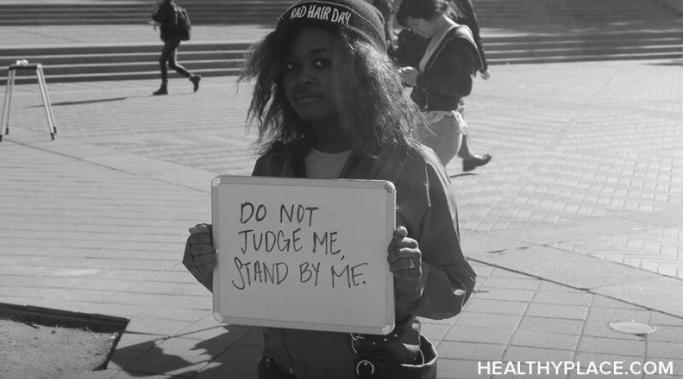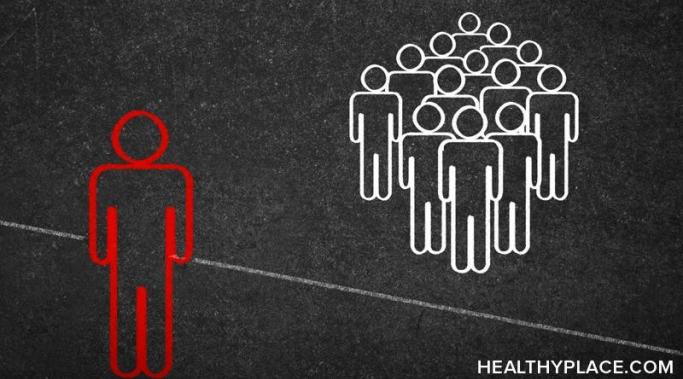Blogs
Confidence and self-esteem are different, but by stepping outside your comfort zone to boost your confidence, you can also raise your self-esteem in the process. When we confront our fears or try new things – whether it’s through small or big steps – we challenge our model of who we are and what we thought we were capable of doing. Being confident does not necessarily mean you will have high self-esteem, but doing the things that boost confidence can help you raise self-esteem because confidence causes you to view yourself in a more positive light.
Normalizing verbal abuse is a danger that society should be wary of, but in the political climate that envelopes much of social media interaction today, it's increasingly difficult for people to find productive ways to interact with each other. More and more, people use verbal abuse when discussing differing ideologies on social media. Should verbal abuse on social media feel so routine? Can we stop normalizing verbal abuse?
Many times our relationship with food affects our mental illness recovery and our mental illness recovery affects our relationship with food. Whether it’s overeating or not eating enough, usually our eating patterns are abnormal. This affects our mood, energy, thoughts, and feelings about ourselves. Lack of normalcy with food can make it extremely difficult to recover from mental illness. Being healthy and confident in our food choices, or having a good relationship with food, is key to recovery.
My name is Brittany Roche, and I am thrilled to join the HealthyPlace blogging community as an author for Binge Eating Recovery. I was diagnosed with bipolar disorder at 14, and have struggled with anxiety and disordered eating (mostly binge eating disorder) for as long as I can remember. I know all too well binge eating is often a difficult subject to talk about which makes communities such as this so vital and powerful for those of us on the path to binge eating recovery.
Some people with mental illness isolate themselves to feel protected from mental health stigma. Because stigma labels someone as an outlier, many people withdraw when feeling stigmatized for their mental health. Apart from the stigma of mental illness and self-stigma making us feel poorly about ourselves in general, seeing stigmatizing ideas all over the media, hearing them spoken to us, or even thinking them to ourselves can amplify the sense of isolation that mental illness already brings. We need ways to counter the isolation that mental health stigma brings as loneliness can lead to hopelessness and negatively impact recovery.
It's common for children with attention-deficit/hyperactivity disorder (ADHD) to steal from family members and friends. Knowing ADHD is probably behind a child's stealing behavior doesn't make it less frustrating, of course, nor less scary. After all, outside our homes, stealing is illegal. Parents of children with mental illnesses already worry enough about our kids ending up in the legal system. It's important, then, to figure out what might be causing our children with ADHD to steal.
I believe that slips are part of the binge eating disorder recovery process. Setbacks in mental health recovery teach us important lessons as well as prepare us for challenging times in the future. If you use slips in binge eating disorder recovery as a tool for learning instead of something that brings you down, there is important insight that can be taken from what initially feels like a setback.
There are many self-care activities, yet during this stressful time of the year, we often forget about taking care of ourselves and put others first. But you see, accountability to other human beings depends on your ability to care for yourself. Your mental and physical health, relationships and lifestyle suffer if you don't practice self-care activities, especially during the holiday season when stress is high.
Substance abuse stigma is but one obstacle on the path to addiction recovery. Legal troubles, medical issues, psychological problems, family issues, and work-related issues make up some others. But the stigma surrounding substance abuse adds insult to injury. For some, these obstacles to addiction recovery have the power to throw a person off the path to recovery. During a time when people need love, support, and encouragement, stigma makes recovery challenging. Substance abuse stigma can be found within an addict (self-stigma) and from outside influences.










I believe she will only be able to rid herself of her demons, and hopefully her BPD as well, when she's ready to confront the abuse of her father. If she can put the blame where it belongs, she may stop projecting that victim/perpetrator cycle on the present men in her life. These demons are a metaphor for the purgatory she has created for herself. That reality has consequences in the real world, but it need not be real in the tangible sense. Exorcising her demons will require the expenditure of real physical energy and probably the destruction of aspects of her personality. If this ever happens, and it's possible but not probable, then these demons will evaporate. They are only as real as one's personality is real. In short, reality is not the question, it's what you make of the things you feel to be real.